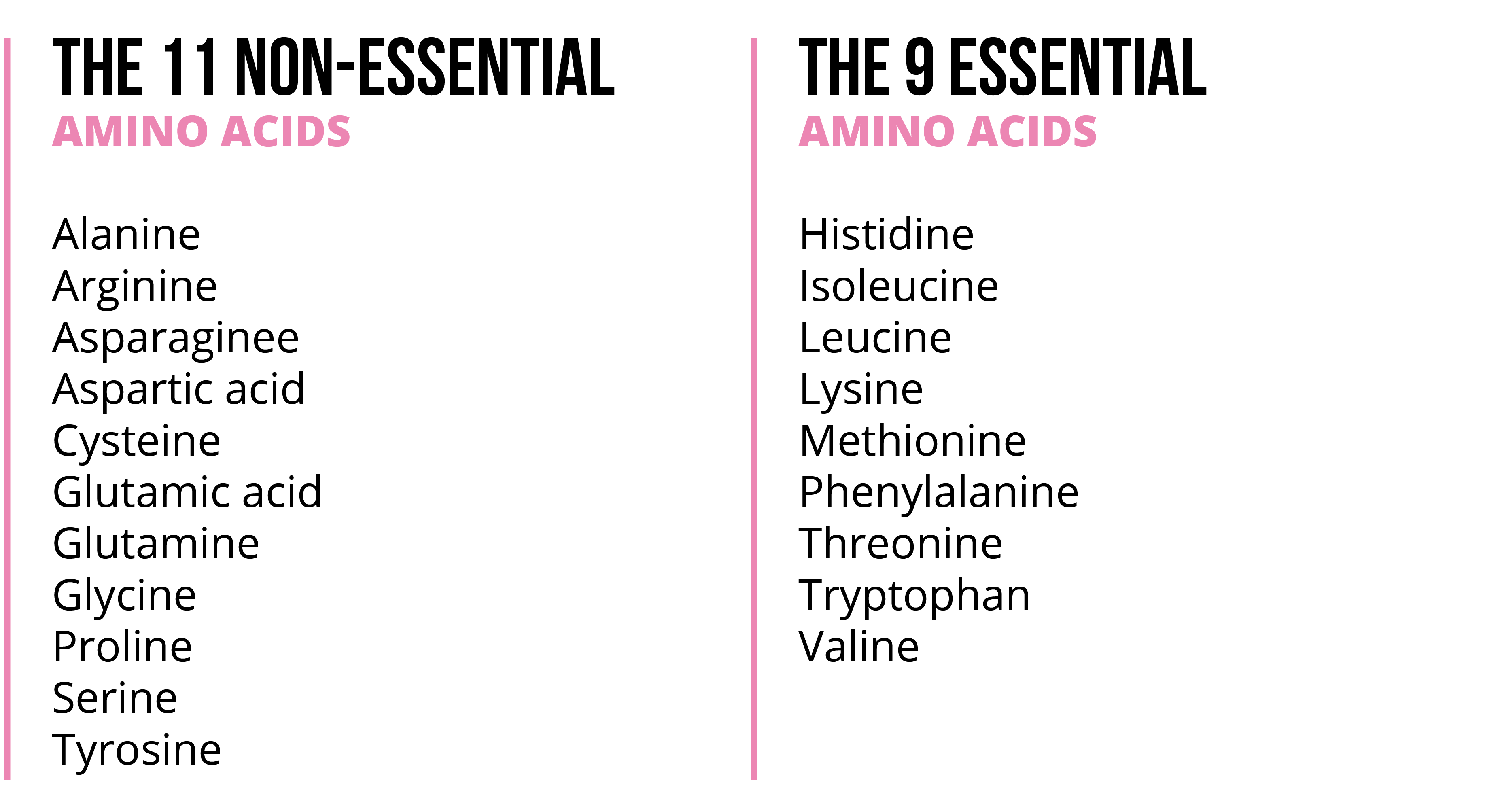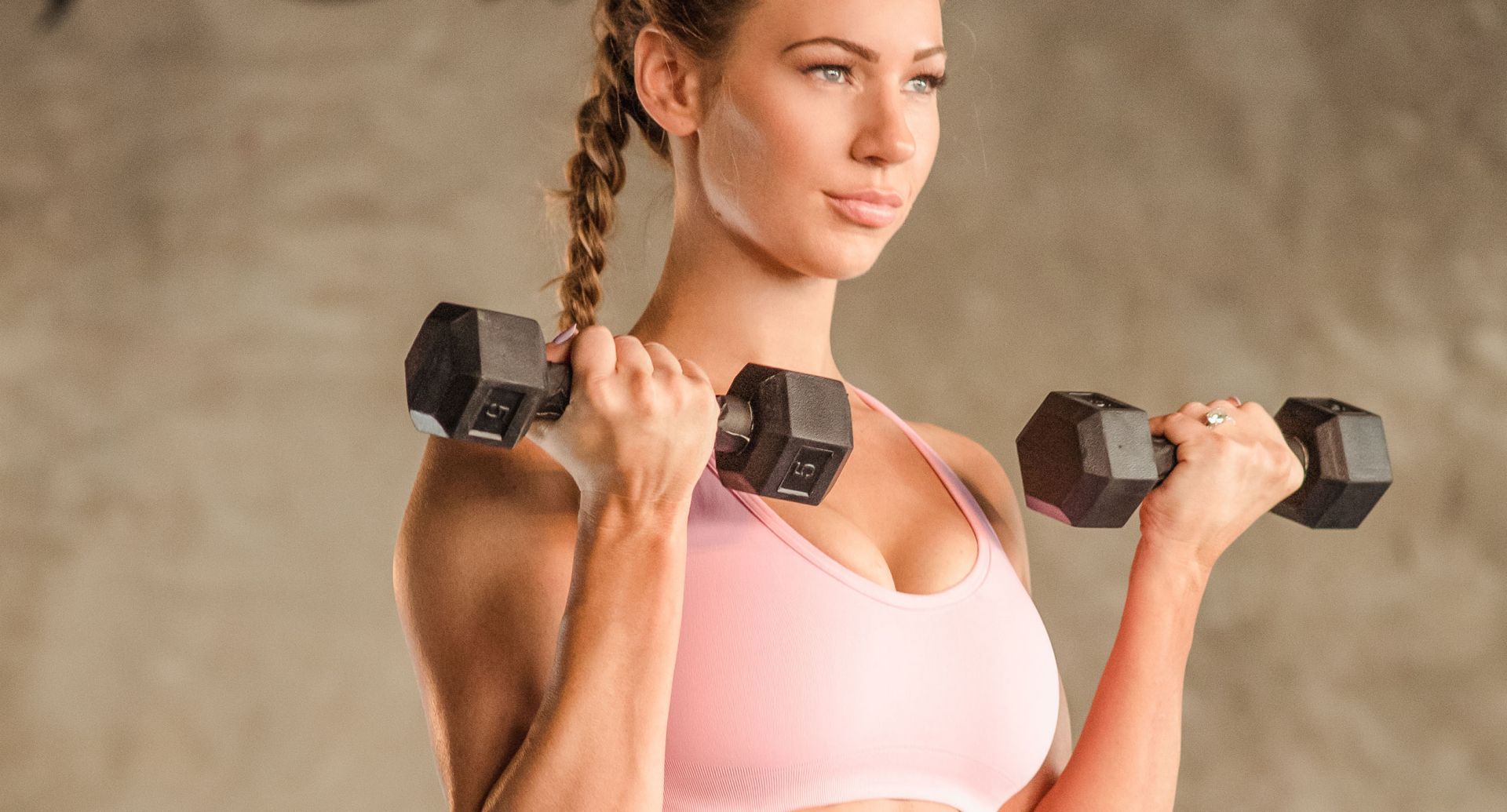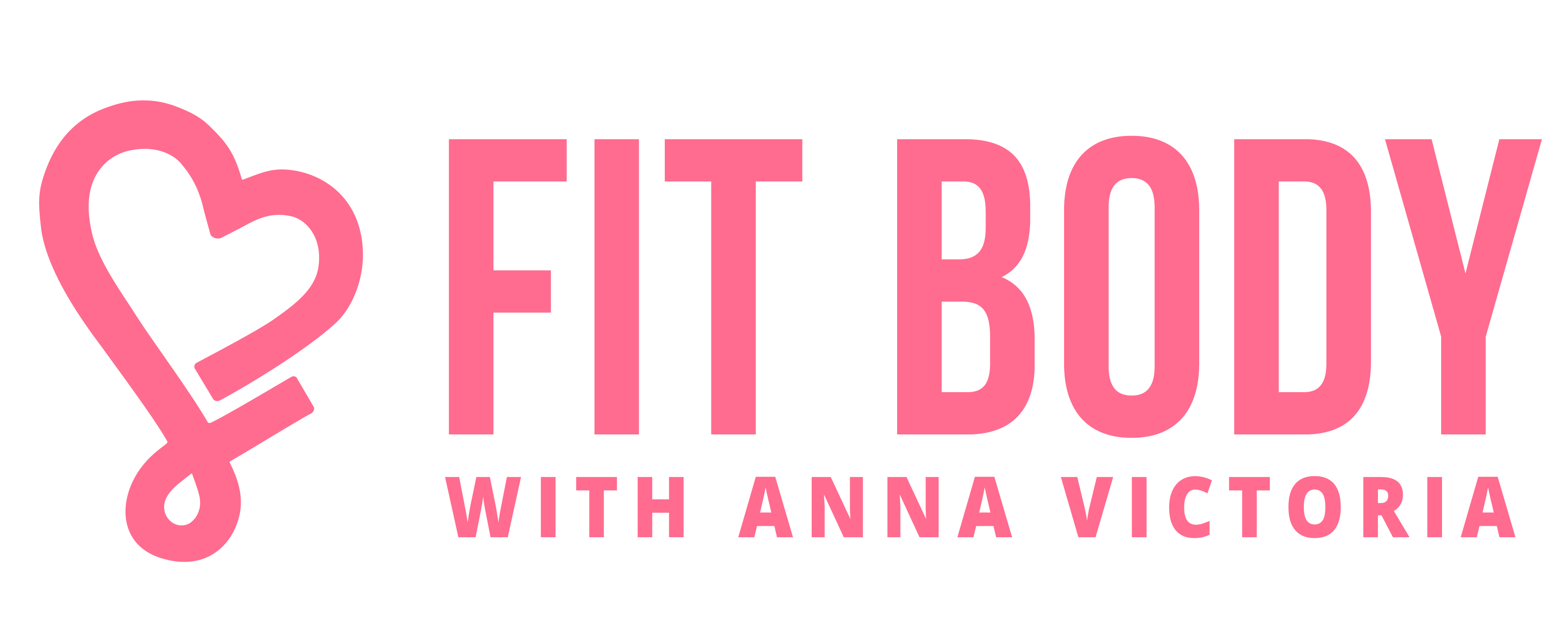What Are BCAAs?
by Anna Victoria in Fitness
BCAA stands for Branched Chain Amino Acids. Amino acids are commonly referred to as the building blocks of protein.

Some amino acids are considered ‘essential’, because our bodies cannot make them on our own, and we must get them from the foods we eat. BCAA’s are three out of nine essential amino acids Valine, Leucine and Isoleucine. These three amino acids alone account for over one third of the essential amino acids in muscle proteins. While it is easy to obtain enough BCAA’s from diet alone, BCAA supplementation has been shown to have positive effects on recovery, and reduce severity of delayed onset muscle soreness (DOMS).
TRY THE FIT BODY APP FREE FOR 7 DAYS! DOWNLOAD NOW.
There are 20 different kinds of amino acids, 11 of which are non-essential and 9 of which are essential. Non-essential means your body can make them itself, therefore they are not essential to the human diet. Essential means your body cannot make them, therefore we must find them in food.

The three highlighted essential amino acids, isoleucine, leucine, and valine, are what you see mentioned most often in the context of BCAAs and fitness. While all BCAAs play a role in protecting your muscle, these three in particular are what aid in the healing and recovery of broken down muscle. If you ever find yourself feeling sore for days at a time on a consistent basis, that’s a sign you could be lacking in proper nutrition, specifically BCAAs.
SO WHERE DO YOU FIND BCAAS?
The good news is, you don’t have to look far! Actually, if you’re following a balanced, whole foods diet like my Fit Body App Meal Plan, you’re likely getting all the BCAAs you need. BCAAs are found in red meat, chicken, fish, dairy, and eggs. They can also be found in plant-based food sources like beans, lentils, brown rice, whole wheat, corn, and nuts. Additionally, as long as you’re eating the right amount of protein for your activity level and from a variety of sources (you don’t want to be eating only grilled chicken all day every day!) then your diet should be giving you all the BCAAs nutrition you need.
SO WHAT’S THE POINT OF BCAAS SUPPLEMENTATION?
I’ve always maintained that no supplement is the key to getting results. Results are largely determined by a balanced whole foods diet within your personal macro needs and a killer workout routine that is consistently challenging you. Additional BCAAs won’t make or break your results, but they can help inch you towards a small increase in overall workout efficiency and recovery. Sometimes that small increase in efficiency is what makes the difference. Since it’s not exactly realistic to track the amount of BCAAs (isoleucine, leucine, and valine in particular) we are getting throughout the day, many people take BCAAs to “supplement” their diet. It doesn’t replace your diet and it cannot stand on its own as a solid source of nutrition, so it’s important to know that no BCAA supplements, or any other supplement for that matter, will make a difference unless your diet and workout routine themselves are on point.
If you feel like your workouts and eating are at least an 8/10 on a regular basis, the decision to take BCAA supplements is entirely up to you. For some, the additional cost for peace of mind that you’re getting all the BCAA you need for proper recovery would be worth it. For others, it isn’t.
The fact of that matter is that if you are getting all of your BCAA needs from food, your body will still get what it needs to heal and protect your muscles. But when you add exercise and strength training to your routine, your BCAA needs go up, as do your protein needs.
Furthermore, if your fitness goal involves leaning out and reducing your body fat percentage, remember that your body is designed to protect itself from losing body fat past a certain point. The lower you get in body fat percentage, the harder your body is going to work to hold onto that last bit of fat for survival purposes. This is where muscle catabolism comes into play, which means your body begins to turn to muscle for energy so it can store fat for survival. Muscle catabolism can happen even when you’re not at a super low body fat percentage if you’re over-exercising and under-eating for your age, height, weight and activity level.
For the reasons mentioned above, when you are putting all your effort into leaning out and losing body fat, supplements designed to protect your muscles and direct your body to burning only body fat may be more appropriate.

WHEN TO TAKE BCAAS?
When you strength train, you are actually creating micro tears in your muscle fibers. These fibers will repair and regrow to be stronger, and protein and BCAAs are what facilitates that process. Since that tearing of muscle fibers occurs during strength training, it is a good idea to take BCAAs during your strength-based workouts. Your body doesn’t require the use of your muscles during cardio in the same way that it does during strength training, so BCAAs during cardio aren’t necessary. The only exception is when you’re doing sprints since they require you to use your muscles.
I personally have only taken “intra-workout” BCAAs. This means I take BCAAs during my workout and that’s it. As I mentioned in the pre-workout blog, I do think there is a placebo effect that comes with taking BCAAs, and I have noticed myself taking them out of habit. Even though I never thought BCAAs would make or break my results, the fact that I am regularly eating in a caloric deficit and doing the Fit Body App strength training circuits, I want to be sure to protect the muscle I have.
At the end of the day, the primary function of BCAAs is to protect muscle and aid in recovery. If you’ve ever felt fatigued and sore for days after your workout, the first thing to check would be your diet. However, if your diet is strong and you’re still struggling, you might want to give BCAAs a try.


